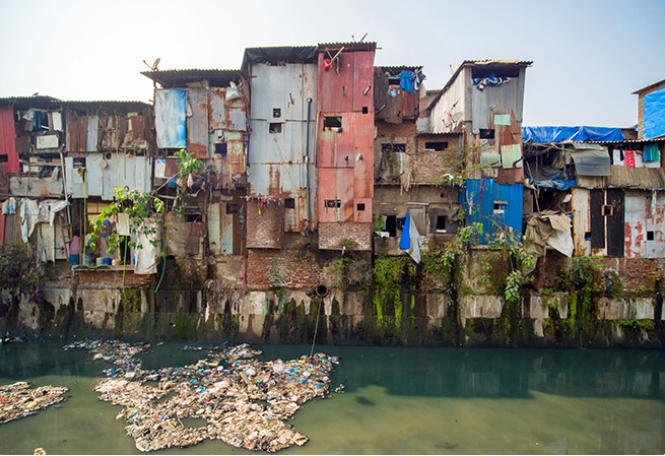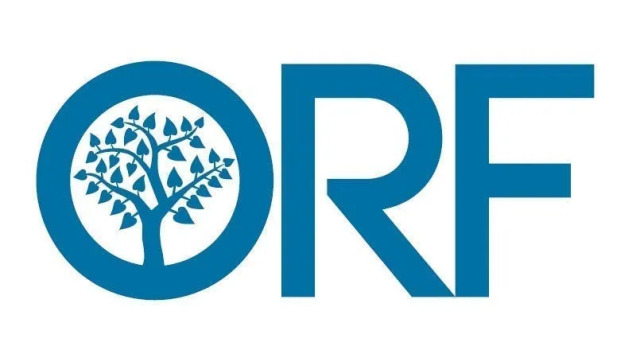India's remarkable journey toward becoming Open Defecation Free (ODF) has made significant strides, thanks to initiatives like the Swachh Bharat Mission. However, challenges remain, especially in densely populated urban areas like Mumbai, where slum sanitation is a pressing concern. In this blog, we'll explore how addressing sanitation issues in Mumbai's urban slums can contribute to India's ODF goals and create a healthier, more sustainable future for its citizens, a vision supported by the Observer Research Foundation (ORF).

The Challenge of Slum Sanitation
Mumbai, often referred to as the financial capital of India, is home to millions of people, including a substantial slum population. Many of these slum residents lack access to proper sanitation facilities. The challenges include:
1. Lack of Toilets: Slum dwellers often lack access to individual or community toilets, leading to open defecation, which poses health risks and contributes to unsanitary conditions.
2. Inadequate Sewage Disposal: Proper sewage disposal systems are often absent in slum areas, leading to the contamination of water sources and the spread of waterborne diseases.
3. Congested Living Spaces: High population density in slums exacerbates sanitation challenges, making it difficult to implement effective waste management practices.
4. Impact on Health: Poor sanitation conditions contribute to health issues, especially among children, and can lead to preventable diseases.
The ORF Vision for ODF India
Observer Research Foundation (ORF) envisions an India where every citizen, regardless of their socio-economic background, has access to clean and safe sanitation facilities. To achieve this vision, addressing slum sanitation is crucial.
The Way Forward:
1. Community Toilets: Building and maintaining community toilet blocks in slum areas can significantly improve sanitation access for residents. ORF advocates for the construction of well-maintained, gender-sensitive facilities.
2. Individual Toilets: Where space permits, providing individual toilets can offer a more sustainable and dignified sanitation solution for slum dwellers.
3. Sewage Infrastructure: Investment in sewage disposal infrastructure is essential to ensure that waste is treated safely and does not contaminate water sources.
4. Behavioral Change: ORF supports awareness campaigns and community engagement to encourage the use of sanitation facilities and promote good hygiene practices.
5. Policy Advocacy: ORF works closely with policymakers and local authorities to advocate for pro-sanitation policies and effective implementation strategies.
Making India ODF is not just a government initiative; it's a collective responsibility. Resolving sanitation challenges in Mumbai's slums is a significant step toward achieving this goal. By ensuring that even the most vulnerable communities have access to clean and safe sanitation facilities, we create a healthier and more sustainable future for all.

Observer Research Foundation (ORF) stands committed to this vision and continues to work tirelessly to provide insights and recommendations that drive positive change in India's sanitation landscape. Together, we can make India truly Open Defecation Free, leaving no one behind.





